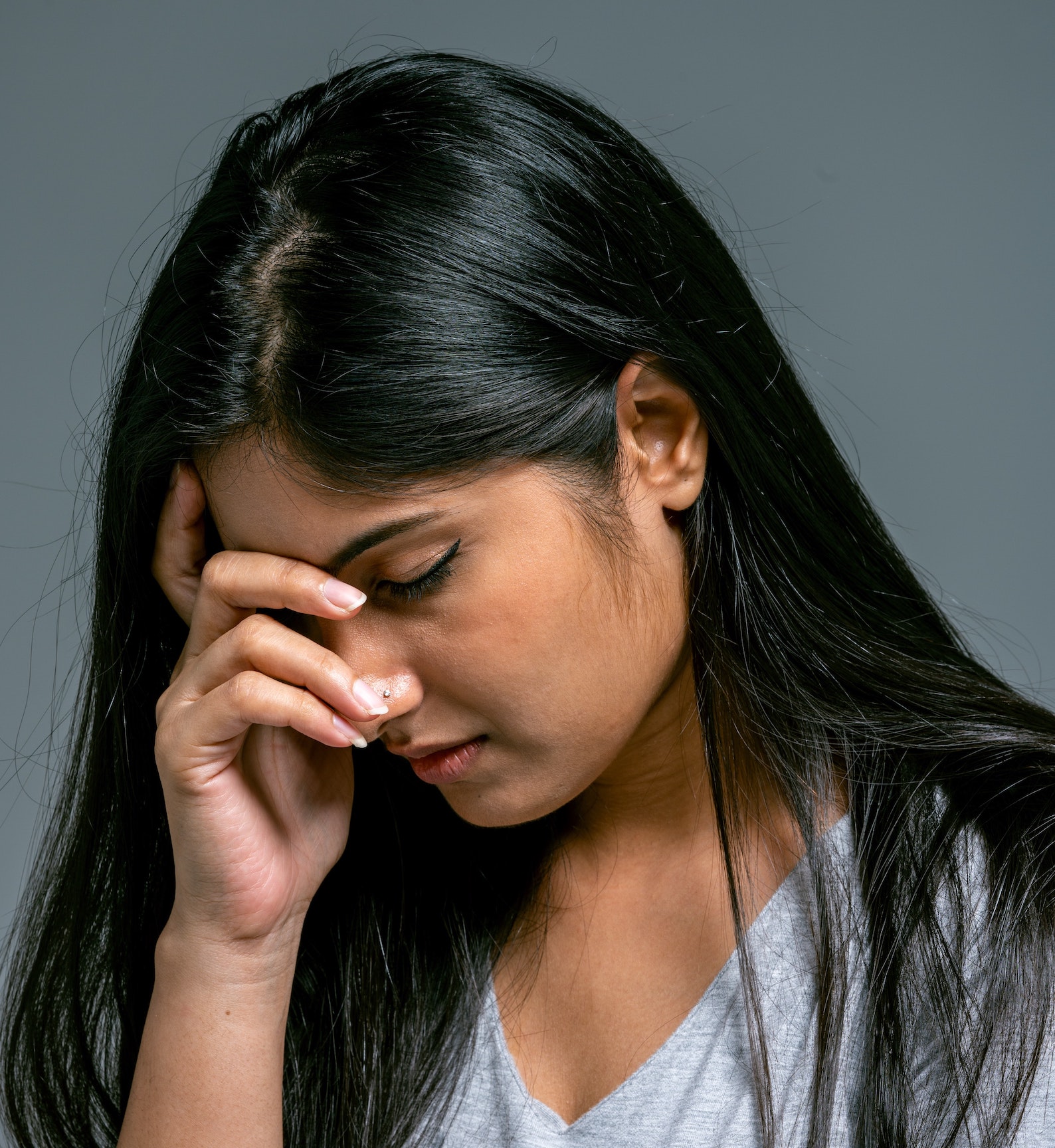 Covid-19 has increased anxiety for many of us, and experts warn a sizable minority could be left with mental health problems that outlast the pandemic.
Covid-19 has increased anxiety for many of us, and experts warn a sizable minority could be left with mental health problems that outlast the pandemic.
From dining out at restaurants with her partner and relatives to attending book clubs with friends, Susan Kemp had an active social life before Covid-19. Since April, she’s only left her apartment near Stockholm five times, after experiencing a huge increase in social anxiety and germaphobia-based obsessive compulsive behaviours during the pandemic.
“It’s like this extra stress makes me pass a breaking point that I was able to regulate better before,” says Kemp, a copywriter and part-time student in her thirties.
While plenty of us have become a little more anxious during Covid-19, Kemp’s experiences highlight that for some, the pandemic has either sparked or amplified much more serious mental-health problems. And psychologists are increasingly raising concerns these may linger in the longer term.
Steven Taylor, author of The Psychology of Pandemics, and professor in psychiatry at the University of British Columbia, argues that “for an unfortunate minority of people, perhaps 10 to 15%, life will not return to normal,” due to the impact of the pandemic on their mental wellbeing.
Which mental health impacts are likely to be long-term?
As for which mental health issues connected to the Covid-19 pandemic are most likely to last in the longer term, psychologists believe obsessive-compulsive disorder could be one of the main candidates.
Taylor explains that this could have a long-term impact, due to the fact that OCD arises from an interaction between genes and environmental factors. “For people with a genetic predisposition toward some forms of OCD (i.e. contamination obsessions and cleaning compulsions) the stress of Covid-19 is likely to trigger or worsen OCD,” he says. “Some of these people will become chronic germaphobes unless they receive appropriate mental health treatment.”
Alongside OCD, which is a manifestation of anxiety, “general anxiety is also a very important mental health issue to watch out for”, adds Yuko Nippoda, a psychotherapist and spokesperson for the UK Council for Psychotherapy.
Chronic loneliness brought on by social isolation or “a lack of meaning” in life during the pandemic is another major concern, says Nippoda. Some people have involuntarily found themselves with fewer close connections in the age of social-distancing and may find it challenging to rebuild their networks.
Meanwhile, the stress of living through Covid-19 is likely to have a greater ongoing mental toll on those who have had painful life experiences in the past. “It might trigger the memory of the trauma consciously and unconsciously, which can affect you. In this case, the mental health conditions can become long-term, as it can open the lid of the trauma,” explains Nippoda.
History will be the judge of how many of these warnings and predictions end up ringing true. Various bodies around the world have already created guidelines to address the issue. Earlier this year, the World Health Organization published recommendations for safeguarding mental health, and similar guidelines have been issued by government agencies in the US, UK and other countries.
Excerpted from “Coronavirus: The Possible Long-Term Mental Health Impacts” from BBC. Read the full article to learn more about the mental health challenges COVID-19 poses as well as the positive take-aways.
Source: BBC | Coronavirus: The Possible Long-Term Mental Health Impacts, https://www.bbc.com/worklife/article/20201021-coronavirus-the-possible-long-term-mental-health-impacts | Copyright © 2020 British Broadcasting Corporation
A screening can help you determine if you or someone you care about should contact a mental health professional. CHC teletherapy services are available now. Call or email our Care Managers at 650.688.3625 or careteam@testing.chconline.org to set up a free 30-minute consultation appointment.
This resource is filed under:





